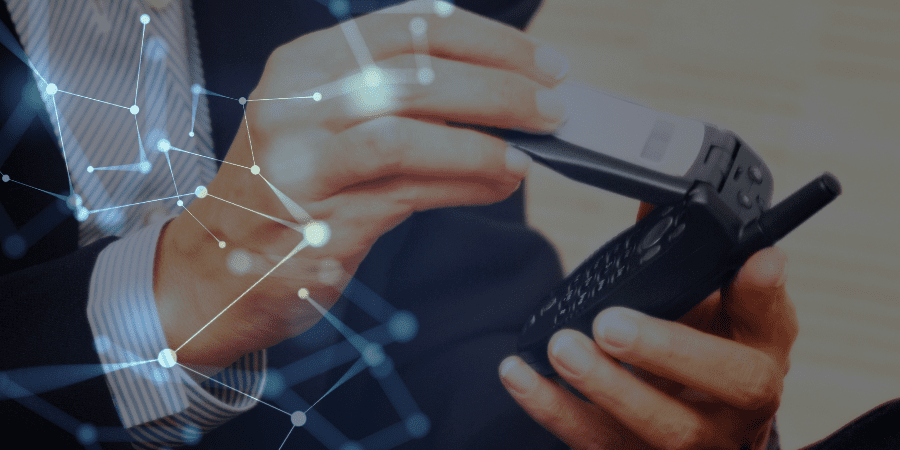Subscribe
"Unlock exclusive insights and elevate your financial wisdom with NetWorth.com — subscribe now to stay ahead in the wealth game!"

In this article, we’ll examine the latest updates on the case of Sam Bankman-Fried, the former CEO of FTX who is currently out on a $250 million bail.
Key takeaways:
Sam Bankman-Fried, the former CEO of FTX who is currently out on a $250 million bail, has been granted permission to use a non-internet-connected flip phone under new bail conditions.
The prosecutors were worried that Bankman-Fried may attempt to contact witnesses through encrypted messaging apps or VPNs, which caused the decision to limit his internet usage.
As part of the proposed changes to his bail terms, Bankman-Fried is not allowed to communicate with ex-FTX or Alameda employees unless accompanied by his lawyer or with permission from the government or court.
He is also forbidden from using encrypted or temporary calling and messaging apps like “Signal” and VPNs except as allowed by his bail conditions.
Additionally, he can only use a limited set of websites on his laptop, and he is not allowed to use video games or related applications.
The case against Bankman-Fried stems from the collapse of FTX over a 10-day period in November 2022.
The collapse of FTX happened because of a report by CoinDesk that showed Alameda Research, Bankman-Fried’s trading company, had a $5 billion investment in FTT, the cryptocurrency of FTX.
This caused concern in the cryptocurrency industry about the solvency and unreported leverage of his companies. Bankman-Fried stepped down as CEO on November 11, and the next day, FTX and about 130 other associated organizations filed for Chapter 11 bankruptcy protection.
Bankman-Fried is being accused of planning a large-scale scam that caused the collapse of FTX in November.
If he is found guilty of allegations including money laundering, securities fraud, wire fraud, defrauding investors, and conspiracies of fraud, he could face a sentence of over a lifetime in prison. He has denied all accusations.
Bankman-Fried was charged with more offenses in February, such as working together to run an illegal money transfer business and participating in illegal political donations while deceiving the Securities and Exchange Commission (SEC).
The judge in charge of the case, Lewis Kaplan, has asked the prosecutors why they did not try to imprison Bankman-Fried before his trial.
This case has drawn significant attention from the cryptocurrency industry and beyond, raising important questions about transparency and accountability in the cryptocurrency market.
As the industry progresses and expands, regulators and law enforcement agencies must have the means and capabilities to safeguard investors and hold those who act maliciously responsible.
However, it is important to remember that Bankman-Fried is innocent until proven guilty, and the outcome of this case is yet to be determined.
The decision to allow Bankman-Fried to use a non-internet-connected flip phone under new bail conditions is just one of the latest developments in a complex and high-profile legal case.
As the case progresses, it will be essential to guarantee that Bankman-Fried’s rights are safeguarded, and justice is rightfully served.
Additionally, it will be important to keep a close eye on any new developments and consider the broader implications for the cryptocurrency industry and beyond.